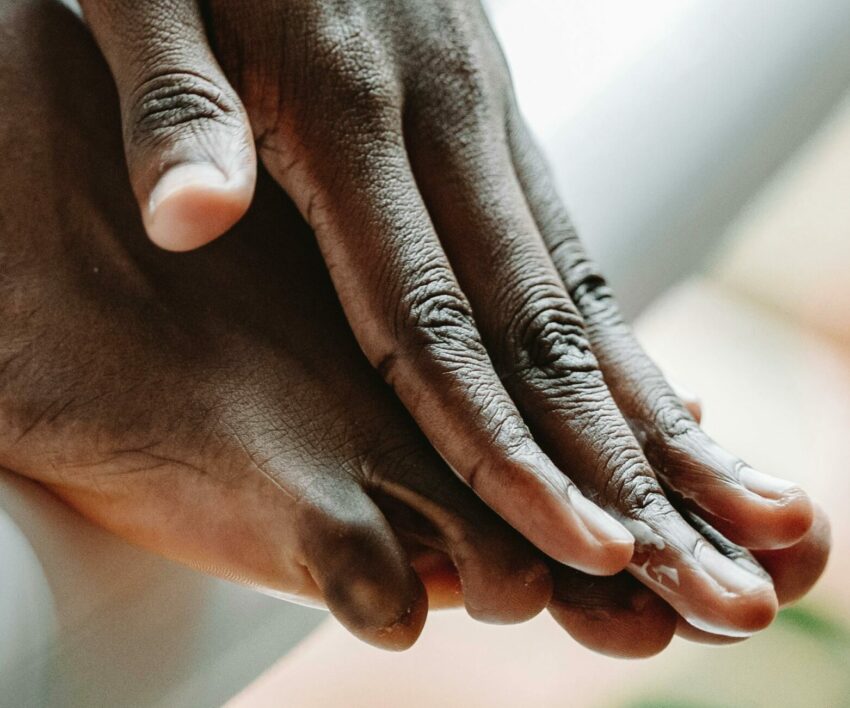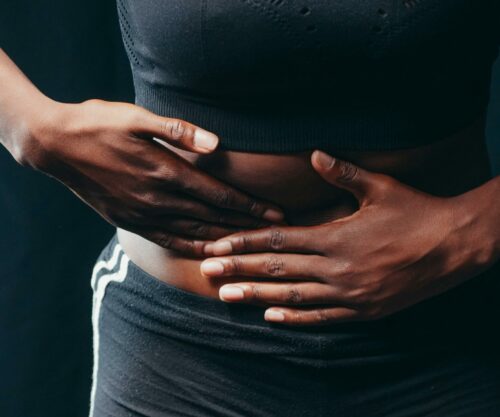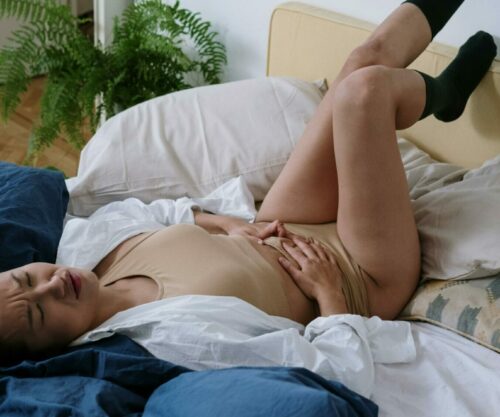
We put our hands through a whole lot because we literally do almost everything with them. We expose them to all kinds of environments, and when I’m talking hands, I’m talking nails too.
There’s a condition that experts call nail clubbing and it affects the functioning of your hands and nails.
The Cleveland Clinic states that nail clubbing is a condition that causes soft, warm, rounded, red, and wavy fingernails “giving the appearance of an upside-down spoon.” It is said to have the ability to affect one or all nails, often starting in the thumb and forefinger before spreading to other fingers.
The above clinic further mentions that when this happens, the nail’s root separates from the bone, causing it to feel springy or float. “When you view your fingernail from the side, it should have a slight dent at the base.
“This dent, known as the Lovibond angle, makes a slight upward curve as your nail grows toward your fingertip. In the early stages of nail clubbing, your nail and nail bed look flat from the side.”
Very Well Health claims that clubbed fingers, nails, or toes have varieties in severity, namely primary (idiopathic) clubbing, also known as hypertrophic osteoarthropathy (HOA), and secondary clubbing.
Primary clubbing is said to be hereditary and is passed down via genes, such as the HPGD gene and the SLCO2A1 gene. “If you or your child has primary HOA, then your fingers or toes may naturally appear large, bulging, and rounded. This will be noticeable during childhood or during the teenage years, and it will not change much over time.”
The above source further mentions that secondary clubbing is often related to heart or lung conditions, such as lung cancer, interstitial lung disease, HIV, cystic fibrosis, emphysema, bronchiectasis, sarcoidosis, congenital heart disease, infectious endocarditis, and aortic aneurysm.
“Sometimes secondary nail clubbing can have causes that are unrelated to the heart or lungs, such as Endocrine problems, celiac disease, cirrhosis, Crohn’s disease, and ulcerative colitis.”
Also see: Reasons to let your natural nails grow




